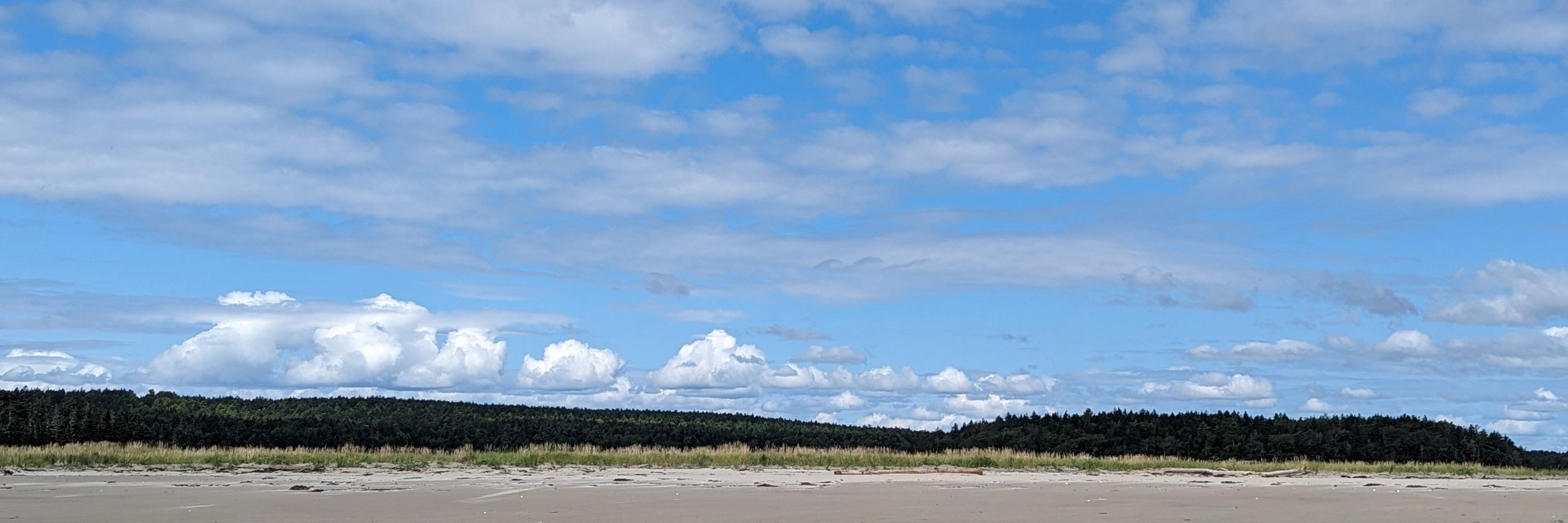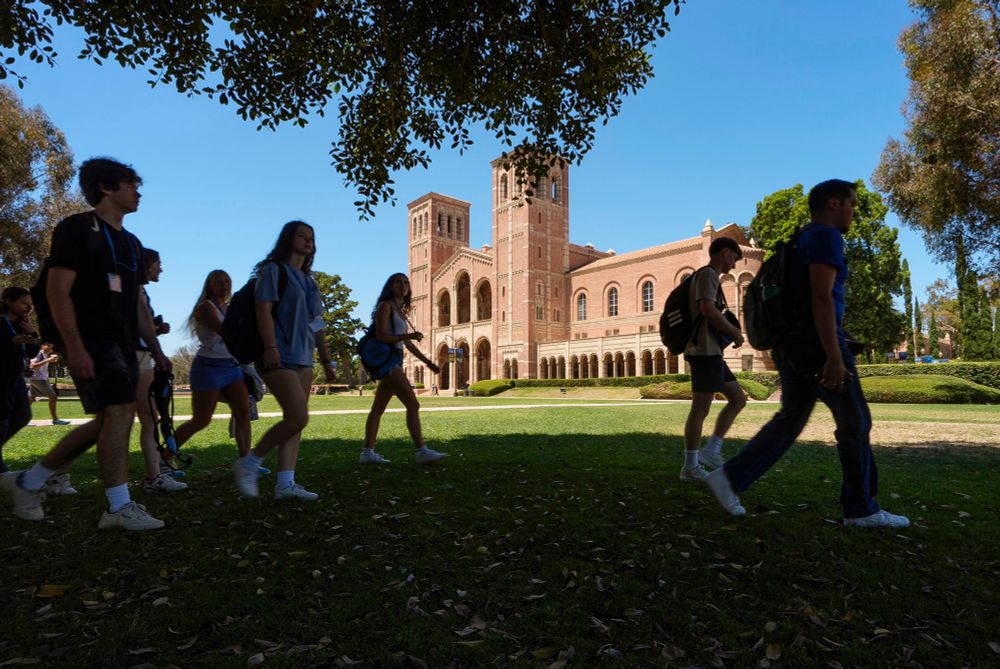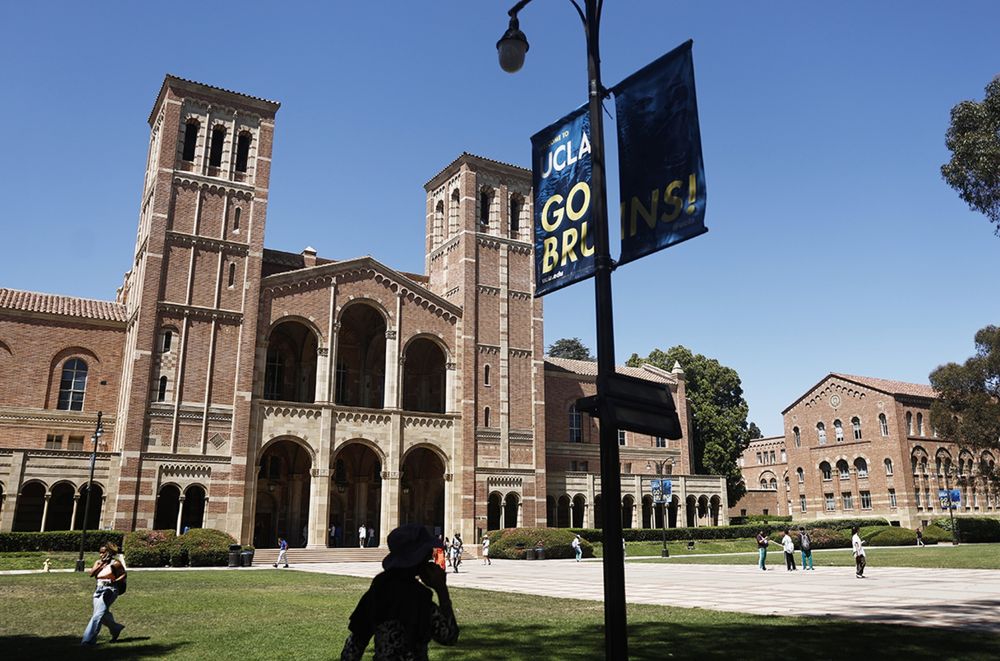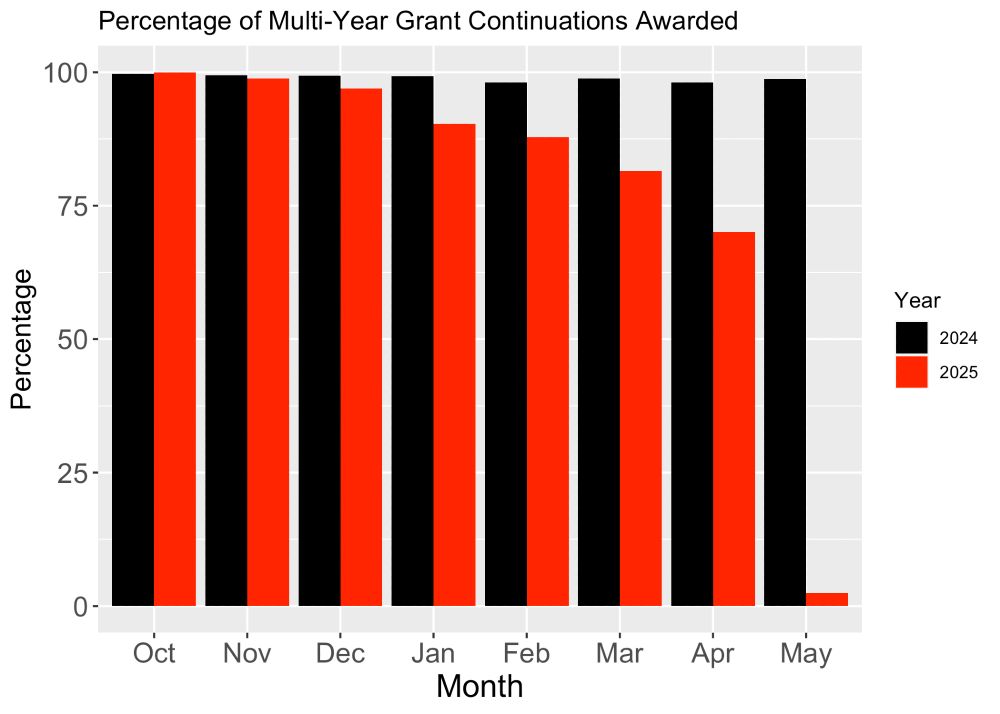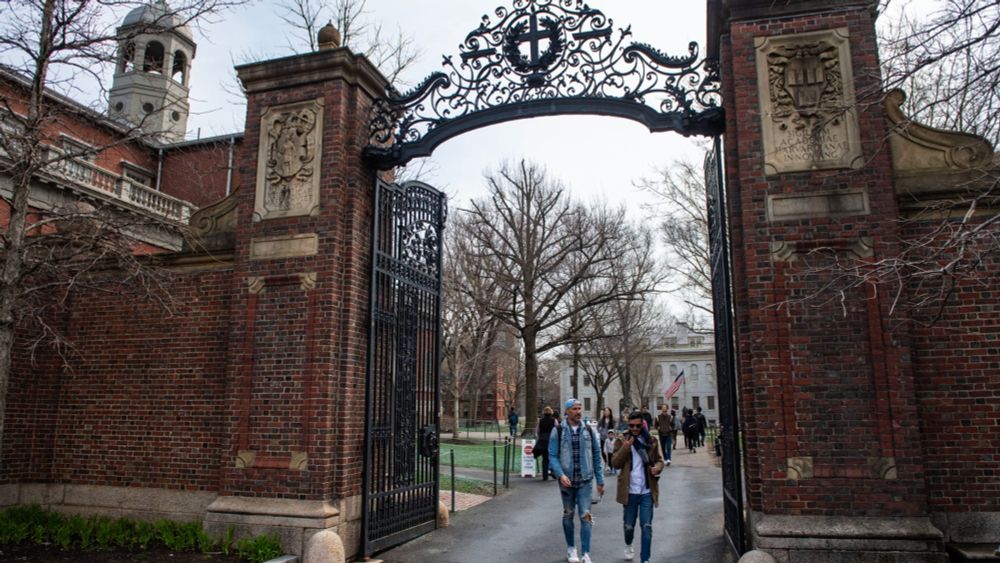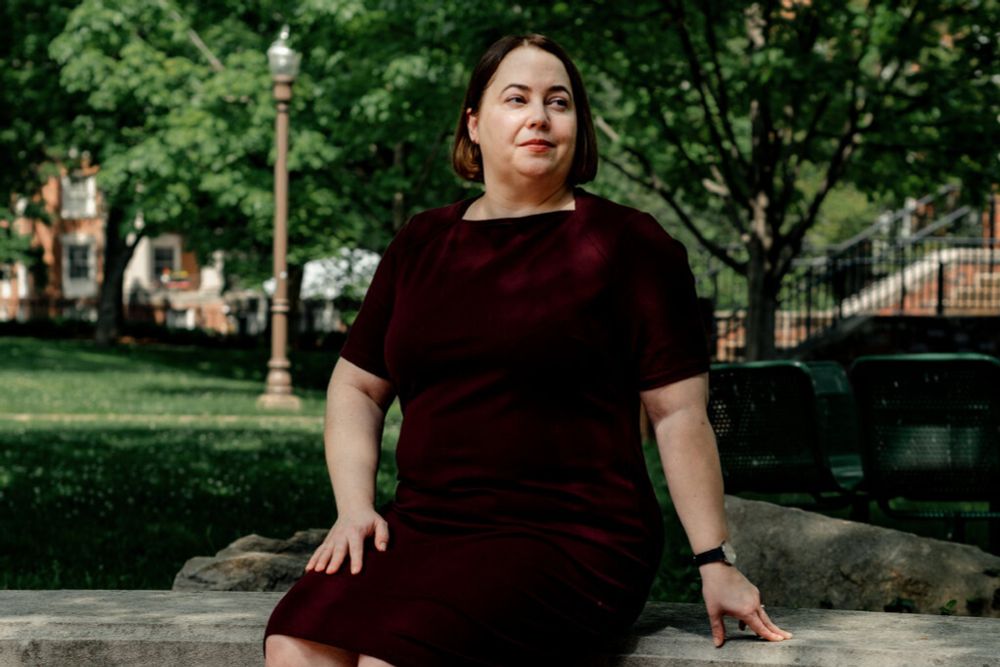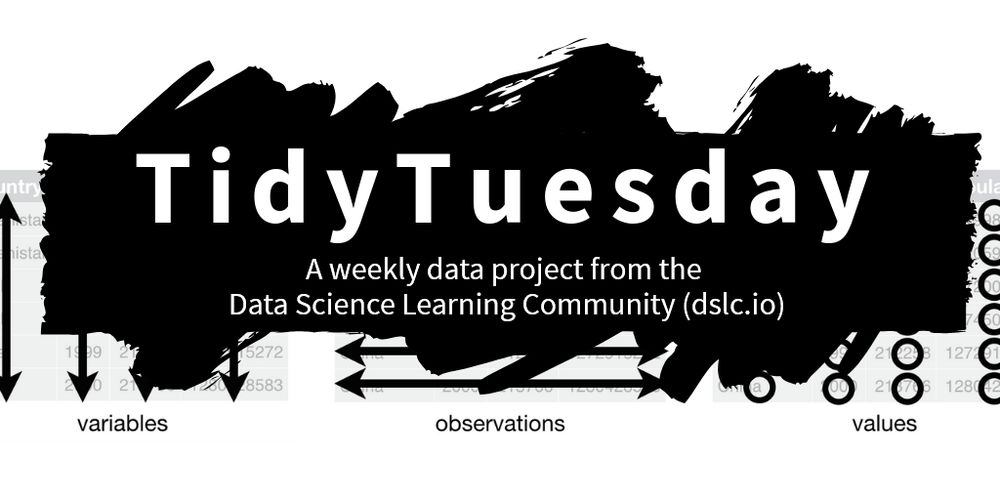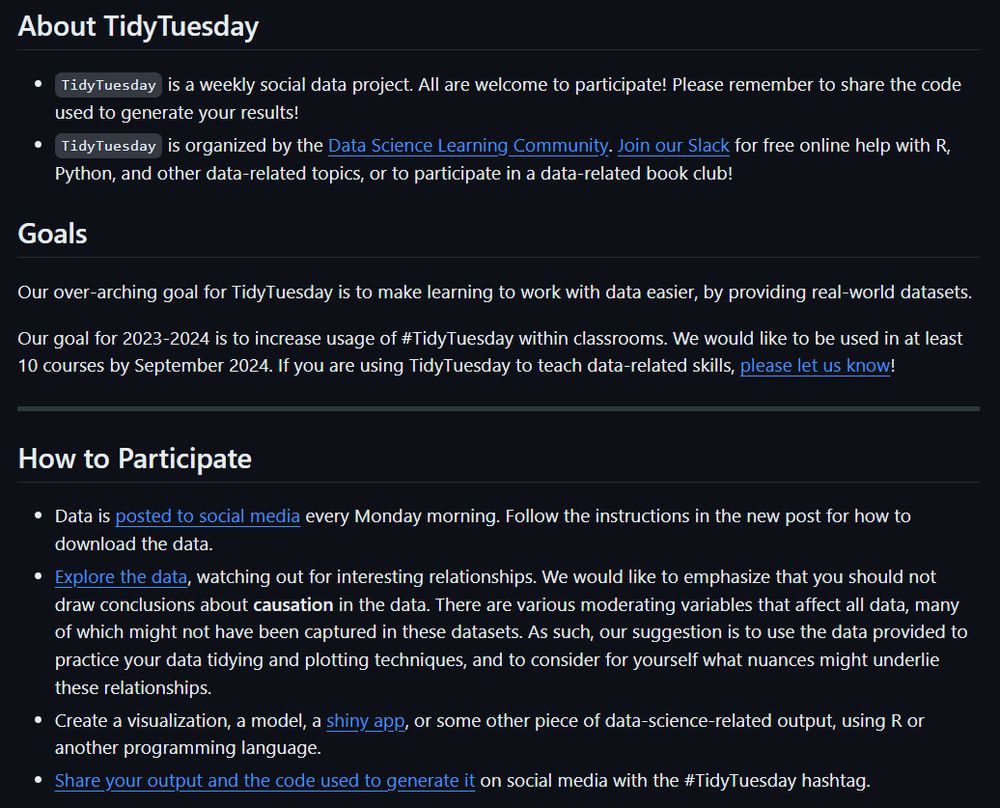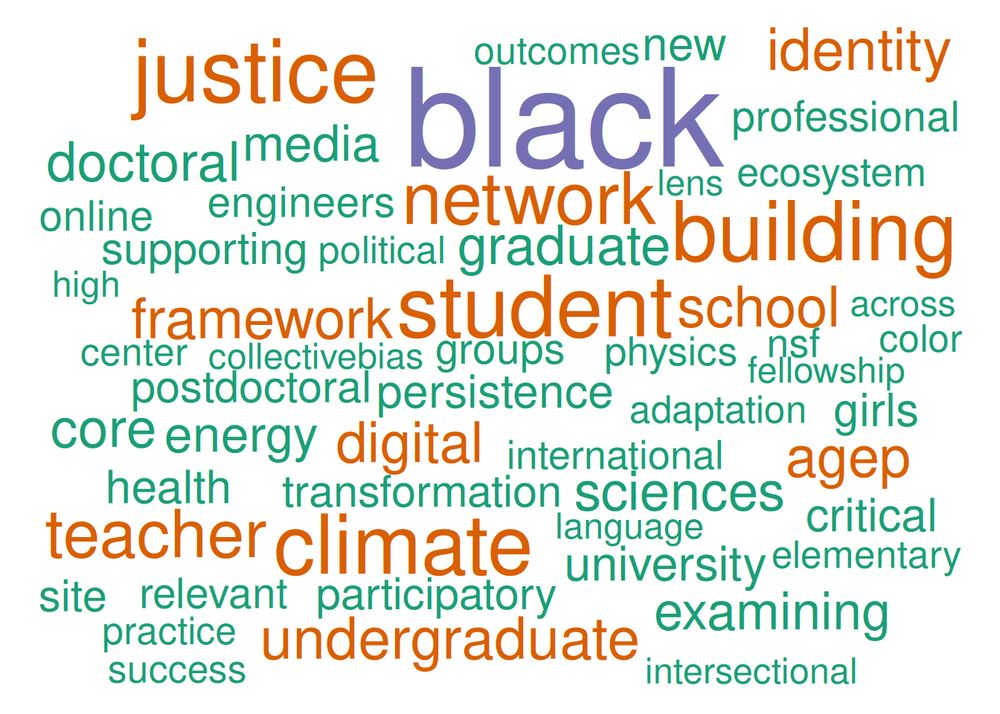Maureen Ritchey
@maureenritchey.bsky.social
3.3K followers
460 following
44 posts
Cognitive neuroscientist @ Boston College
www.thememolab.org
Posts
Media
Videos
Starter Packs
Reposted by Maureen Ritchey
Reposted by Maureen Ritchey
Hayoung Song
@hayoungsong.bsky.social
· Sep 5

A neural network with episodic memory learns causal relationships between narrative events
Humans reflect on past memories to make sense of an ongoing event. Past work has shown that people retrieve causally related past events during comprehension, but the exact process by which this causa...
www.biorxiv.org
Reposted by Maureen Ritchey
Reposted by Maureen Ritchey
Reposted by Maureen Ritchey
Reposted by Maureen Ritchey
Reposted by Maureen Ritchey
Reposted by Maureen Ritchey
Reposted by Maureen Ritchey
Michelle Ramey
@michelleramey.bsky.social
· May 24

Episodic memory and semantic knowledge interact to guide eye movements during visual search in scenes: Distinct effects of conscious and unconscious memory - Psychonomic Bulletin & Review
Episodic memory and semantic knowledge can each exert strong influences on visual attention when we search through real-world scenes. However, there is debate surrounding how they interact when both are present; specifically, results conflict as to whether memory consistently improves visual search when semantic knowledge is available to guide search. These conflicting results could be driven by distinct effects of different types of episodic memory, but this possibility has not been examined. To test this, we tracked participants’ eyes while they searched for objects in semantically congruent and incongruent locations within scenes during a study and test phase. In the test phase containing studied and new scenes, participants gave confidence-based recognition memory judgments that indexed different types of episodic memory (i.e., recollection, familiarity, unconscious memory) for the background scenes, then they searched for the target. We found that semantic knowledge consistently influenced both early and late eye movements, but the influence of memory depended on the type of memory involved. Recollection improved first saccade accuracy in terms of heading towards the target in both congruent and incongruent scenes. In contrast, unconscious memory gradually improved scanpath efficiency over the course of search, but only when semantic knowledge was relatively ineffective (i.e., incongruent scenes). Together, these findings indicate that episodic memory and semantic knowledge are rationally integrated to optimize attentional guidance, such that the most precise or effective forms of information available – which depends on the type of episodic memory available – are prioritized.
link.springer.com
Reposted by Maureen Ritchey
Grace Lindsay
@neurograce.bsky.social
· May 23
Reposted by Maureen Ritchey
David Clewett
@davidclewett.bsky.social
· May 19
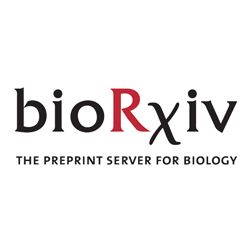
Dopaminergic processes predict temporal distortions in event memory
Our memories do not simply keep time - they warp it, bending the past to fit the structure of our experiences. For example, people tend to remember items as occurring farther apart in time if they spa...
www.biorxiv.org
Reposted by Maureen Ritchey
Reposted by Maureen Ritchey
Reposted by Maureen Ritchey
